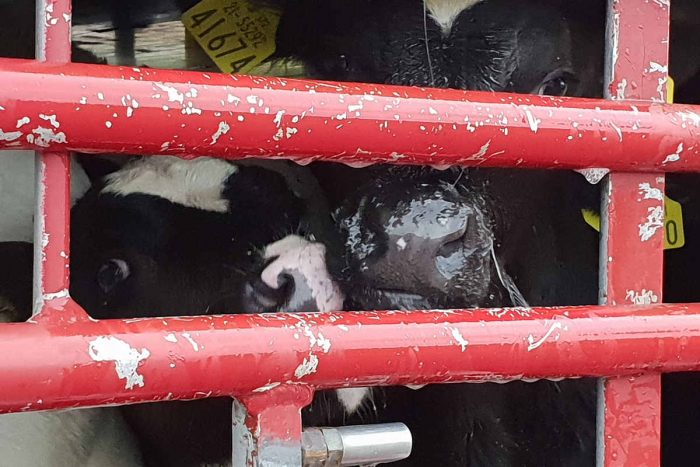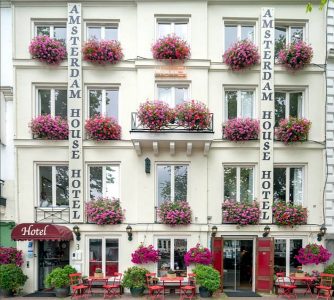In a response to our questions, the EU Commission confirms that there is no derogation to the feeding intervals in the case of animals transported on RORO (roll-on roll-off) vessels. Animals transported on journeys including a RORO must be fed at the same frequency as ones transported solely by road. This means the journeys of unweaned calves being trucked from farms in Ireland to Irish harbours and then ferried to Cherbourg, France are indeed illegal. These calves are going from door to door 23 and up to 29 hours in total without being fed, whereas the EU law stipulates feeding unweaned animals after 18hours maximum.

The EU confirms that the exemption in point 1.7(a) of the EC 1/2005 specifically only refers to journey times and rest periods, and the requirement 1.3 and 1.4, such as watering and feeding intervals, must still apply to transport by sea. Point 1.7 (b) refers only to journey times and resting periods without altering the meaning of point 1.7(A) regarding watering and feeding intervals.
Unlike weaned animals, which can technically be fed on board the vehicle by placing hay inside the vehicle, unweaned animals cannot yet eat forage and are dependent on milk or milk replacer to get the nutrition they need and feeling of satiation. Because this is impossible to do on board a truck, and is not being done by any of the transporters, unweaned calves (and other unweaned animals like kids and lambs) can never be kept on board a vehicle for longer than 18hrs in total. Technically, even leaving them on board for longer than 9hrs is illegal, as the law stipulates that after 9 hrs unweaned animals must receive their first water break, and if necessary be fed. Although the trucks do have a water system, it is known that not all unweaned calves know how to use it or can use it and in any case, they never can be fed milk or milk replacer either during this first break, despite it being mandatory when the calves need it.

